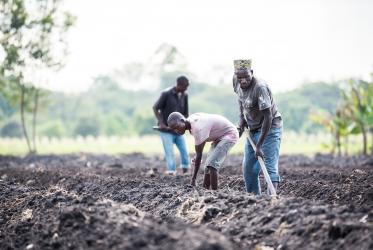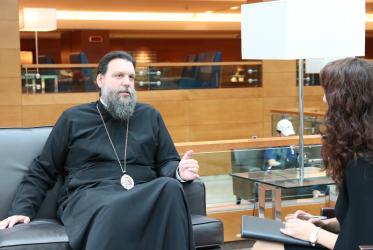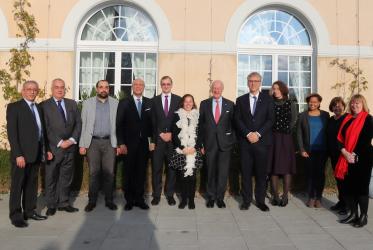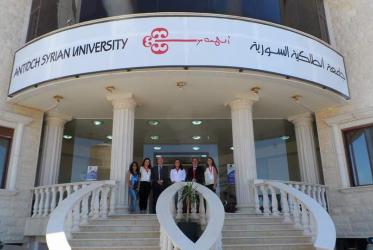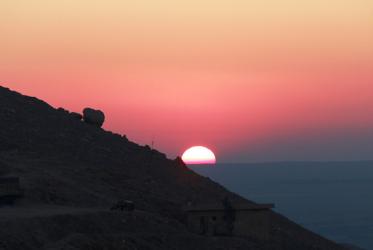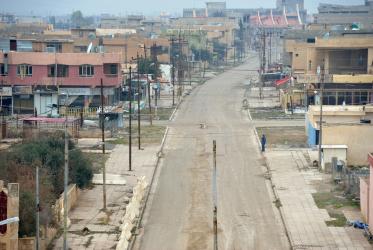Displaying 41 - 60 of 140
Fr Alexi - a peacemaker in Syria
21 December 2018
"What matters is winning the peace in Syria," UN envoy says
13 December 2018
Yet another sad anniversary for Christians in war-torn Syria
17 October 2018
Despite adversities, Antioch Syrian University opens doors of hope
13 September 2018
“Love will find a way”
23 August 2018
Creating a better future for Syrian-Armenian youth
29 March 2018
WCC calls for immediate end to siege and civilian attacks in Syria
26 February 2018
WCC decries escalation of Syria conflict
07 April 2017
WCC urges end to “culture of impunity” in Syria
06 April 2017
The child in the manger and the war in Syria
22 December 2016
